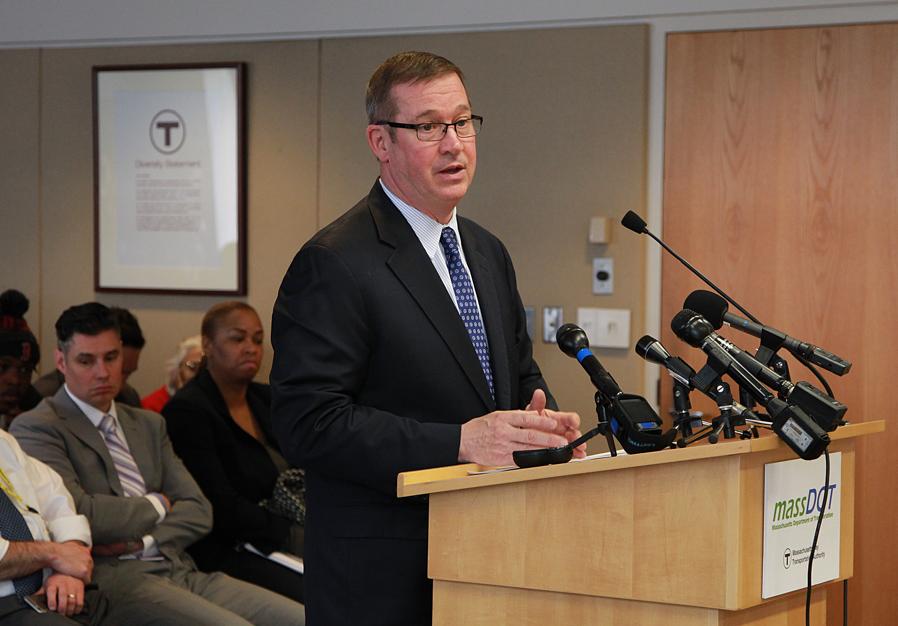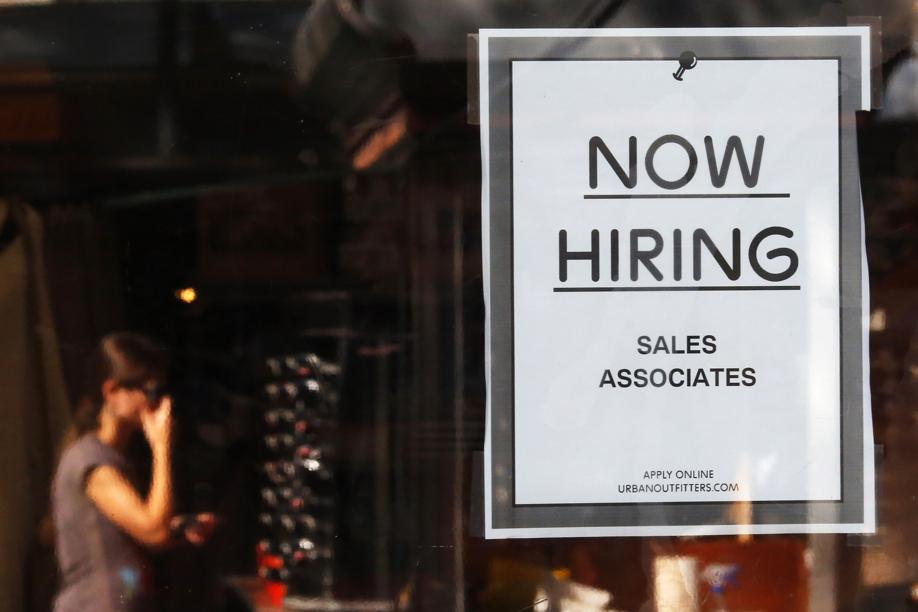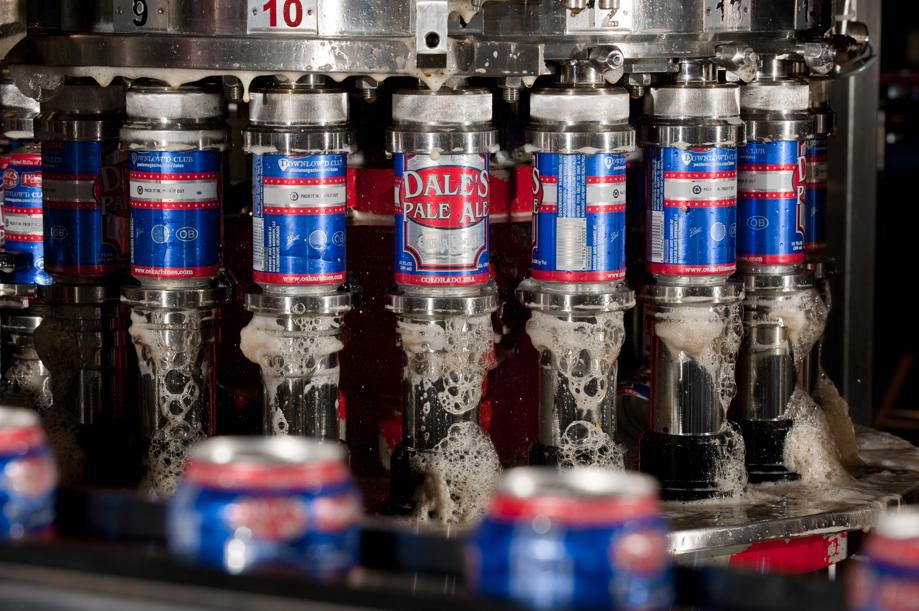DELIVERIES
Amazon changes course, will offer same-day service to Roxbury
On Tuesday, Amazon blinked and Roxbury gained a small measure of economic respect. The online retailing giant abruptly changed course and announced it will soon offer same-day “Prime’’ delivery to residents of Roxbury, the only neighborhood in the Boston area excluded from the service. Amazon had been facing a gathering hurricane of public outrage and political pressure since an analysis published by Bloomberg showed Amazon does not provide same-day delivery in just three ZIP codes in Boston, all in Roxbury. The neighborhood is encircled by areas that receive same-day deliveries, prompting residents and politicians to denounce Amazon’s “doughnut-hole’’ map as unfair and discriminatory — not to mention logistically nonsensical.
REAL ESTATE
Market heats up, along with the weather
The weather is warming up. And so is the housing market, especially in the core of Greater Boston. Home sales in Massachusetts shot up 31 percent in March over last year, according to new data out Tuesday from the Warren Group, while condominium sales climbed 27 percent. Real estate agents and other experts said they expect that pace to keep up through the key spring selling season. And for one of the few times on record, condos are out-pricing single-family homes, a sign of strong demand in Boston and its immediate environs. A bit of that year-over-year surge reflects a rebound from last winter, when snow and cold kept buyers home. But mostly, real estate observers say, it reflects a market that is very strong this spring, in certain places. And buyers are learning they need to jump, said Eileen Lorway, a Redfin real estate agent on the North Shore. In strong pockets of the market, she said, it’s pretty common these days for a house to be listed on a Thursday, host open houses over the weekend, and be under contract by Tuesday morning.
MBTA
Pension fund releases long-awaited 2014 audit
The MBTA pension fund released a long-overdue 2014 audit Monday, as the fund’s chief made a rare public appearance before the T’s fiscal control board and faced new pressure to be more prompt and open with financial reporting. Michael Mulhern (right), the $1.6 billion fund’s executive director, pledged to deliver an accounting for 2015 in the next 30 to 60 days. The pension fund’s belated reports have held up financial reporting by the authority as well as the Commonwealth. Mulhern blamed the delay on a financial review that had to be done following a critical report last summer on the fund’s finances led by Wall Street whistle-blower Harry Markopolos. Mulhern said the review affirmed the pension fund’s accounting from 2011 to 2013 for assets and long-term obligations to 12,000 pensioners and active workers. But the inquiry led the fund’s longtime auditor, KPMG, to essentially “start from scratch’’ in its own annual reviews, Mulhern said. Transportation Secretary Stephanie Pollack and other board members on Monday pressed Mulhern to produce a five-year projection of the fund’s liabilities. But Mulhern made no promises to provide a five-year schedule, even though such projections of liabilities are standard fare at other pension funds for public workers in the Commonwealth. He said he has “never asked’’ the fund’s actuary, Buck Consultants, for that information.
PHARMACEUTICALS
FDA advisory committee recommends against approving muscular dystrophy drug
An influential advisory committee narrowly declined to recommend US sale of an experimental treatment for Duchenne muscular dystrophy Monday, disappointing hundreds of patient advocates who argued for approval of the medicine. The panel of medical experts concluded in a 7-6 vote that a clinical study by Cambridge biotech Sarepta Therapeutics Inc. failed to meet the Food and Drug Administration’s standard for accelerated approval. In a separate 7-3 vote, with three members abstaining, the committee determined that Sarepta’s clinical trial was poorly designed and didn’t prove the drug candidate was effective in treating the fatal muscle-wasting disease. Coming at the end of a 12-hour meeting marked by emotionally charged testimony from boys with Duchenne and family members, the nonbinding votes leave the fate of Sarepta’s drug, called Eteplirsen, in the hands of the FDA. The agency, which is set to rule on the drug application by May 26, historically has relied heavily on its advisory committees for guidance.
ECONOMY
Massachusetts faring better than US as a whole
While the US economy limped through the first quarter, posting the slowest pace of growth in two years, the state’s economy kicked into higher gear. The Massachusetts economy grew by 2.3 percent in the first quarter of 2016, the University of Massachusetts reported Thursday, up from 1.4 percent in the previous quarter. Unemployment in the state was is now at 4.4 percent in March, lower than it was before the recession; wages increased in the first three months of the year; and the state’s economy isn’t dependent on energy and oil, which has been dragging down the economy in other states, according to the report, published in the UMass economic journal, MassBenchmarks. Nationally, the economy grew by 0.5 percent in the first quarter, down from 1.4 percent at the end of 2015. Consumers spent less, business investment declined, and the federal government’s spending, particularly on defense, slowed, according to the US Commerce Department.
BEER
Buying up craft brands from the outskirts of Waltham
A Boston-area company has emerged as one of the most active investors in craft beer brands in the country. But it’s not Boston Beer Co., the maker of Samuel Adams, or Harpoon, the prominent brewery on the South Boston waterfront. Instead, you’ll have to travel to a six-story office building on Waltham’s outskirts. There you’ll find private equity firm Fireman Capital Partners, which is scouring the country to invest in craft brewers. Managing partner Dan Fireman has amassed several already under a holding company named after Oskar Blues, the irreverent Colorado brewer in which Fireman Capital now controls a majority stake. Oskar Blues founder Dale Katechis, the namesake for the beloved brew Dale’s Pale Ale, is perhaps best known for popularizing craft beer in cans, showing the industry it could be done without hurting quality or credibility. Fireman’s investment marks one of the most prominent moves in an industry that experienced an unprecedented volume of deal-making within the past year. The Brewers Association says there are now more breweries in the United States — 4,000-plus — than the country has seen since the 1800s. And that means there are plenty of investment targets out there.








